10 October 2025
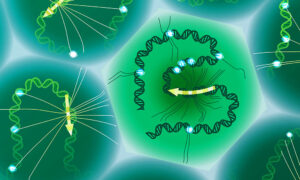
EMBL scientists have developed a more sensitive single-cell sequencing tool that links genomic variants and RNA in the same cell, helping to better uncover links to complex diseases.
SCIENCE & TECHNOLOGY
4 July 2023

Three EMBL group leaders and six EMBL alumni were recognised for their contributions to the life sciences.
LAB MATTERSPEOPLE & PERSPECTIVES
2023
lab-matterspeople-perspectives
29 June 2023

Wolfgang Huber discusses why research assessment needs reform and how this could make science more diverse, more inclusive, and better
LAB MATTERSPEOPLE & PERSPECTIVES
2023
lab-matterspeople-perspectives
15 September 2021

A research collaboration used machine learning to map tumour molecular make-up, potentially paving way to more customised cancer treatment.
SCIENCE & TECHNOLOGY
2021
sciencescience-technology
9 March 2021

The contribution of EMBL Group Leader and Senior Scientist Wolfgang Huber has been recognised by the International Society for Computational Biology
EMBL ANNOUNCEMENTSLAB MATTERS
2021
embl-announcementslab-matters
27 April 2020
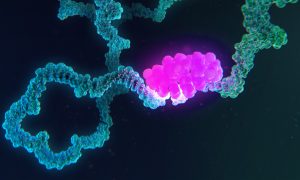
EMBL scientists working in the groups of Matthias Hentze and Wolfgang Huber have created RBPbase – a database of RNA-binding proteins – to assist the identification of proteins that interact with the SARS-CoV-2 RNA genome.
SCIENCE & TECHNOLOGY
2020
sciencescience-technology
2 April 2020
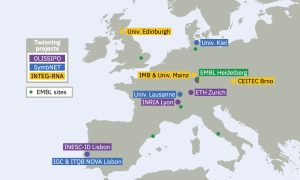
Three international teams involving EMBL Heidelberg have been granted funding from the European Commission for three Twinning projects with institutes in Portugal and the Czech Republic.
CONNECTIONSLAB MATTERS
2020
connectionslab-matters
23 October 2018
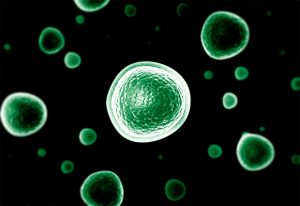
ERC grantees Wolfgang Huber and Oliver Stegle share their vision for the next 10 years
SCIENCE & TECHNOLOGY
2018
sciencescience-technology
6 March 2011
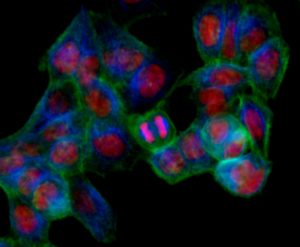
Scientists at the European Molecular Biology Laboratory (EMBL) and the German Cancer Research Centre (DKFZ), both in Heidelberg, Germany, have developed a new method that uncovers the combined effects of genes. Published online today in Nature Methods, it helps understand how different genes can…
SCIENCE & TECHNOLOGY
2011
sciencescience-technology
25 January 2009
Genes that contain instructions for making proteins make up less than 2% of the human genome. Yet, for unknown reasons, most of our genome is transcribed into RNA. The same is true for many other organisms that are easier to study than humans. Researchers in the groups of Lars Steinmetz at the…
SCIENCE & TECHNOLOGY
2009
sciencescience-technology








